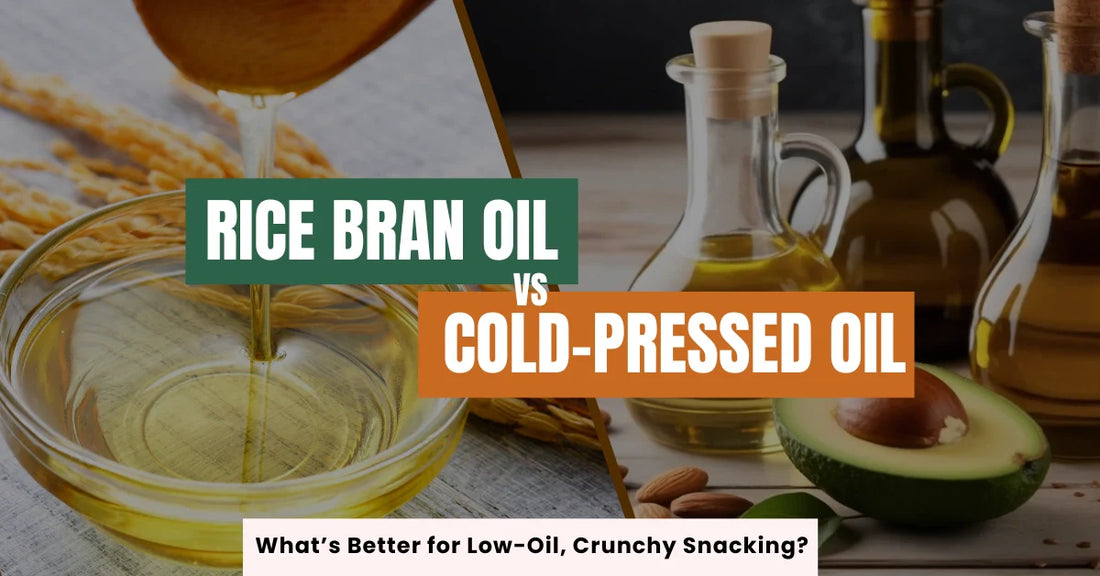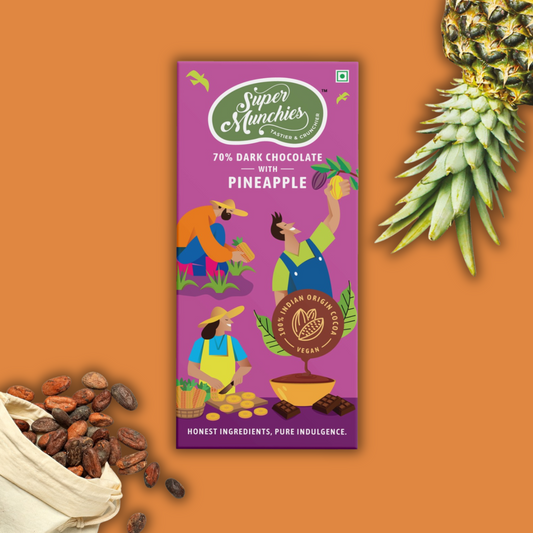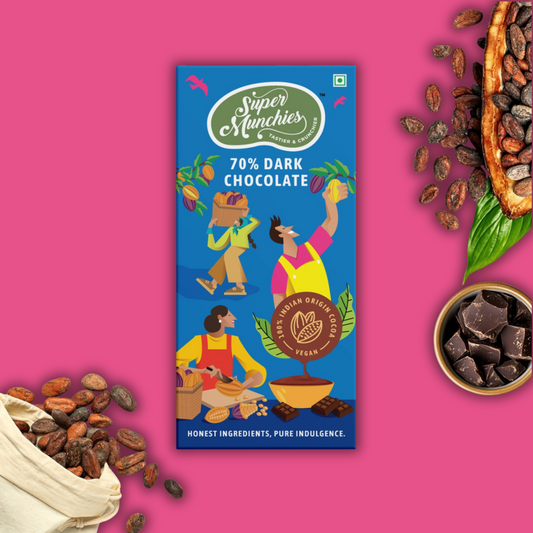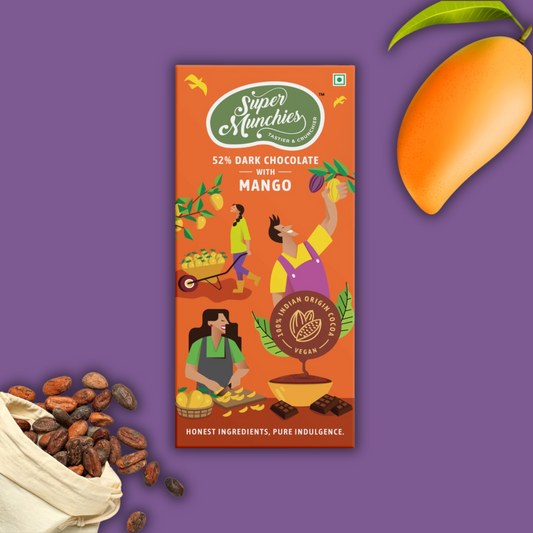
Rice barn oil vs cold press oil:What's better for low oil, crunchy snaking
Why the Oil in Your Snacks Matters
Let's be honest, we all get excited by the sound of a crisp chip or a hot fry hitting the plate. That satisfying crunch doesn't just happen by magic; oil plays a huge, behind-the-scenes role in every bite. Most people never stop to think that the type of oil used to cook that snack changes both the taste on their tongue and how the treat fits into a fulfilling diet. So if you want to munch smarter while still enjoying bold flavor, picking the right fat really matters.
In this piece, we'll compare two oils that keep turning up in cleaner kitchens: cold-pressed oil and rice bran oil. Each comes with its own stack of nutritional perks, but which delivers the light, golden crunch you crave and leaves you feeling less guilty afterward? Let's dig in and see.
What is cold-pressed oil? A Natural, Nutrient-Rich Option
Cold-pressed oil is the most natural method of extracting oil from seeds or fruits. This technique involves pressing the ingredients without applying heat or using chemicals, which helps preserve many of their natural nutrients. Thus, by choosing cold-pressed oil, you benefit from the complete range of good fats, antioxidants, and vitamins it offers.
The best part? Cold-pressed oils contain no cholesterol and are loaded with omega-3 and omega-6 fatty acids, benefiting both your heart and brain. Specifically, cold-pressed coconut oil is celebrated for its rich taste and medium-chain triglycerides (MCTs), which can provide a great energy boost. Therefore, if you’re looking for something natural and nutrient-rich, cold-pressed oils are definitely a top choice.
What is rice bran oil? The Unsung Hero of Low-Oil Cooking
Rice bran oil may not be as well-known as olive or coconut oil, but it certainly deserves attention. Derived from the outer layer of rice grains, it has a subtle flavor and impressive nutritional benefits. One of the unique qualities of rice bran oil is its elevated smoke point. This characteristic allows it to withstand high temperatures without deteriorating, making it ideal for frying and stir-frying those delightful, crispy snacks we enjoy.
Rice bran oil is not only suitable for high-heat cooking, but it’s also beneficial for the heart. It is abundant in monounsaturated fats (the beneficial type of fats), and it has oryzanol, an antioxidant that aids in reducing bad cholesterol levels. Therefore, it’s excellent for adding crunch to snacks while also being good for your heart.
Cold-Pressed Oil vs. Rice Bran Oil: The Ultimate Face-Off
Let’s compare the two oils head-to-head and see how they stack up when it comes to low-oil snacks.
1. Nutritional Value:
- Cold-Pressed Oil: Because it’s made with minimal processing, it’s packed with antioxidants, vitamins (like vitamin E), and essential fatty acids. These oils are excellent for overall well-being, from supporting your heart to improving skin.
- Rice Bran Oil: This oil is no slouch either. It has oryzanol, which helps with lowering cholesterol, along with good fats and vitamin E. But cold-pressed oils do have the edge when it comes to antioxidant content.
2. Cooking Versatility:
- Cold-Pressed Oil: These oils are perfect for adding flavor to dishes and light cooking methods like sautéing or drizzling over salads. But because they have lower smoke points, they’re not the best choice for high-heat cooking.
- Rice Bran Oil: If you’re looking for something to fry or stir-fry with, rice bran oil is your go-to. Its high smoke point makes it perfect for getting that golden, crispy crunch without any oil burning or breaking down.
3. Flavor Profile:
- Cold-Pressed Oil: Expect a little more flavor from cold-pressed oils. For example, cold-pressed coconut oil brings a slight coconut taste, which can be great in tropical snacks or even savory dishes.
- Rice Bran Oil: This one has a neutral, mild flavor. That makes it super versatile and ideal for snacks where you want the crisp to be the star, not the oil itself.
4. Benefits:
- Cold-Pressed Oil: These oils are loaded with nutrients that promote heart well-being, improve brain function, and fight inflammation.
- Rice Bran Oil: Thanks to its antioxidant, oryzanol, rice bran oil is a great choice for the heart, especially when it comes to lowering cholesterol levels.
Why Super Munchies Chooses Smart Oils for Better Snacking
Here at Super Munchies, we’re all about making wholesome choices without compromising on taste. That’s why we use rice bran oil and cold-pressed oils in our snacks. These oils not only help us create that perfect crispy texture, but they also bring along a host of benefits.
We choose rice bran oil for its ability to handle high temperatures, which means our snacks stay crispy and light without soaking up too much oil. And with its mild flavor, rice bran oil lets the natural taste of our snacks shine through. Cold-pressed oils, on the other hand, add an extra layer of nutrition and flavor. Whether it’s cold-pressed coconut oil or another variety, we love how these oils boost the overall well-being of our snacks.
FAQs: Healthy Oil Choices for Home Cooking and Snacking
Q1: What’s the most wholesome oil for cooking?
Look for oils that are minimally processed and rich in healthy fats. Cold-pressed oils like olive oil and coconut oil, as well as rice bran oil, are all excellent choices for cooking, adding flavor, and supporting heart health.
Q2: Is rice bran oil better than olive oil?
Both oils have their benefits. Rice bran oil has a higher smoke point, so it's better for high-heat cooking like frying and stir-frying. Olive oil, while also great for your health, is better for lower-heat cooking or as a finishing oil for salads.
Q3: Can I use cold-pressed oils for frying?
Cold-pressed oils have lower smoke points, so they’re better for lighter cooking methods like sautéing or drizzling over food. If you’re frying, it’s best to stick with oils like rice bran oil that can handle higher temperatures.
Q4: What’s the difference between cold-pressed and refined coconut oil?
Cold-pressed coconut oil is made without heat, so it retains all of its nutrients and natural flavors. Refined coconut oil, on the other hand, is processed and loses some of its beneficial properties.
Final Thoughts: Snacking Smarter, One Crunch at a Time
When it comes to choosing the best oil for your snacks, both cold-pressed oils and rice bran oil are fantastic choices—each offering unique benefits. Cold-pressed oils bring rich nutrients and flavor, while rice bran oil gives you that perfect crunch and crispy texture without the guilt.
At Super Munchies, we’re proud to use oils that not only make our snacks taste amazing but also support your well-being. So the next time you reach for a crunchy treat, know that you’re making a smarter choice.




